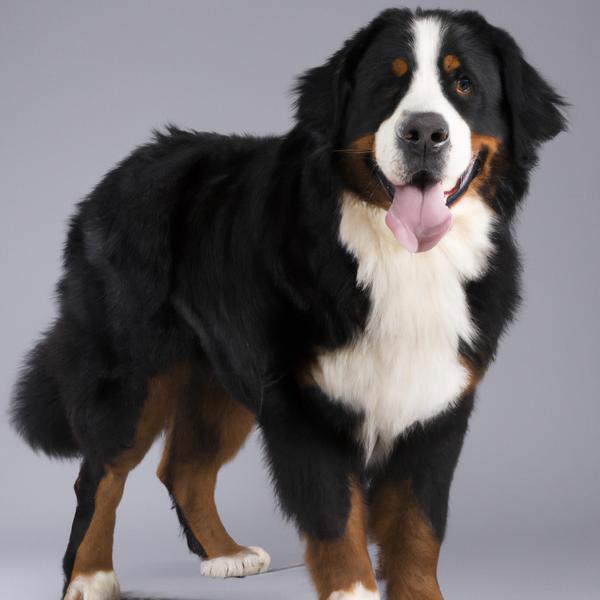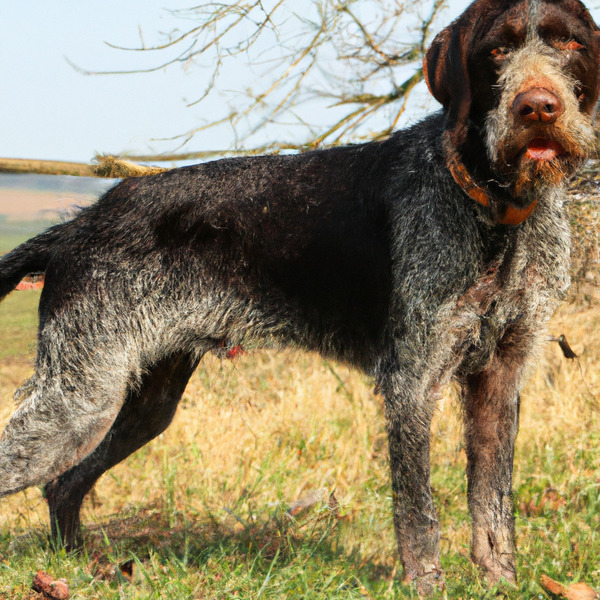Saint Bernese vs. Deutsch Drahthaar: Breed Differences and Similarities
Hypoallergenic
Are Saint Berneses or Deutsch Drahthaars hypoallergenic, or neither?
Unfortunately, neither Saint Bernese nor Deutsch Drahthaar are hypoallergenic, which may not make them the best choice for dog lovers who suffer from pet allergies.
Origin
What is the origin of Saint Bernese and Deutsch Drahthaar dog breeds?
United States
Germany
Ancestry
What are the origins of Saint Bernese and Deutsch Drahthaar breeds?
Saint Bernard and Bernese Mountain Dog
Pointer, Pudlepointer, Griffon, Stichelhaar
Date of Birth
When were Saint Bernese and Deutsch Drahthaar breeds first developed?
1990s
1902
Eye Color Possibilites
What are the eye colors of Saint Bernese and Deutsch Drahthaar dogs?
Brown
Amber
Brown
Amber
Nose Color Possibilites
What are the natural nose colors of Saint Bernese and Deutsch Drahthaar?
Black
Black
Brown
Coat Color Possibilites
What are the natural colors of the coat for Saint Bernese and Deutsch Drahthaar breeds?
White
Brown
Black
Pied
Isabella
Cream
Pied
Black
Brown
Coat Length
What is the typical coat length for Saint Bernese and Deutsch Drahthaar breeds?
The coat of Saint Bernese and Deutsch Drahthaar dogs falls in the medium-length category.
Coat Density
What is the density of the coat of Saint Bernese and Deutsch Drahthaar?
Coat Texture
What is the hair texture of Saint Bernese and Deutsch Drahthaar?
Straight
Wiry
Litter Size
What is the usual litter size for Saint Bernese and Deutsch Drahthaar?
A Saint Bernese can have a litter of 1-14 puppies on average. However, it's worth noting that the size of the litters can vary greatly. Factors that can influence litter size include the health of the mother, breeding history, and genetics.
A Deutsch Drahthaar can have a litter of 12-14 puppies on average. However, it's worth noting that the size of the litters can vary greatly. Factors that can influence litter size include the health of the mother, breeding history, and genetics.
Major Concerns
What are the major health concerns for Saint Bernese and Deutsch Drahthaar breeds?
Canine Hip Dysplasia (Chd)
Von Willebrand's Disease
Cancer
Gastric Dilation Volvulus (GDV) or Bloat
Spinal Issues
Canine Hip Dysplasia (Chd)
Minor Concerns
What minor health issues should be kept in mind when owning Saint Bernese and Deutsch Drahthaar?
Allergies
Obesity
Eye Infections
Eye Conditions
Shoulder Osteochondrosis
Eye Conditions
Occasional Tests
What occasional tests are recommended for Saint Bernese and Deutsch Drahthaar breeds?
Eye Examinations
Urinalysis
Complete Blood Count
Buccal Mucosal Screening
Complete Ophthalmologic Examination
Full Body Physical Examination
Skin Biopsy or Intradermal Tests for specific allergies
Skin Scrapings and Biopsies
X-rays or other radiographic imaging
Electrocardiograph (ECG - measures rate and rhythm)
Eye Examination
Physical Examination
X-rays or other radiographic imaging
Past times
What are some enjoyable activities and ways to keep Saint Bernese and Deutsch Drahthaar entertained?
Road trip, Walking, Cuddling, Car Riding, Exploring, Learning tricks, Dog Parks, Hiking, Training, Sniffing, Exploration, Eating Snacks, Nap, Lounging
Retrieve, Walk, Run, Road trip, Socialize, Hunt, Swim, Fetch, Walking, hiking
Activity Level
Which breed has higher energy, Saint Berneses or Deutsch Drahthaars?
Saint Berneses are medium-energy dogs and typically enjoy socializing and playing casual or even sustained games of chase with other dogs. They may also have occasional periods of barking or racing around the house.
Deutsch Drahthaars are high-energy dogs. They need mental as well as physical exercise. These dogs require a lot of your involvement and without it they can, and will, become problematic dogs.
Walks per Week
How many miles should Saint Bernese or Deutsch Drahthaar walk each week?
There's really no limit to how far you walk your dog as long as they're comfortable. For Saint Bernese, it's at least 12 miles / week. Just remember to build distance and stamina gradually over time.
There's really no limit to how far you walk your dog as long as they're comfortable. For Deutsch Drahthaar, it's at least 10 miles / week. Just remember to build distance and stamina gradually over time.
Activity per Day
Do Saint Berneses or Deutsch Drahthaars require more exercise?
Both Saint Bernese and Deutsch Drahthaar typically require a minimum of 60 minutes of exercise each day. The exercise can be spread throughout the day and may involve high-energy activities like walking, running, and playing.
Brushing Frequency
What is the recommended brushing frequency for Saint Bernese and Deutsch Drahthaar dogs?
Ideally, both Saint Bernese and Deutsch Drahthaar should be brushed at least 2 or 3 times a week (preferably daily) to improve shedding.
Brushing Tools
What brushing tools are used for Saint Berneses and Deutsch Drahthaars?
Pin Brush
Comb
Deshedder
Nail Clipper
Pin Brush
Comb
Nail Clipper
Cups
How much food should be given to Saint Bernese or Deutsch Drahthaar in cups?
For an average 120-180 pound (54 - 82 kg) Saint Bernese feed 3.5 cups daily. But, keep in mind, the amount you feed is going to be dependent on the quality of the food you are feeding.
For an average 60-70 pound (27 - 32 kg) Deutsch Drahthaar feed 2.5 cups daily. But, keep in mind, the amount you feed is going to be dependent on the quality of the food you are feeding.
Daily Cost
Which breed has a higher daily cost, Saint Bernese or Deutsch Drahthaar?
The average cost of a Saint Bernese is somewhere $3.90 - $4.20 per day.
The average cost of a Deutsch Drahthaar is somewhere $1.70 - $2.00 per day.
Monthly Cost
Which breed has a higher monthly cost, Saint Bernese or Deutsch Drahthaar?
The average per month expenses of a Saint Bernese is between $112 - $126. This makes an average of $1344 - $1512 per year. It will be on the higher side when the dog is still small because it will need more frequent visits to the vet, shots.
The average per month expenses of a Deutsch Drahthaar is between $48 - $63. This makes an average of $576 - $756 per year. It will be on the higher side when the dog is still small because it will need more frequent visits to the vet, shots.
Compare Saint Bernese with other breeds
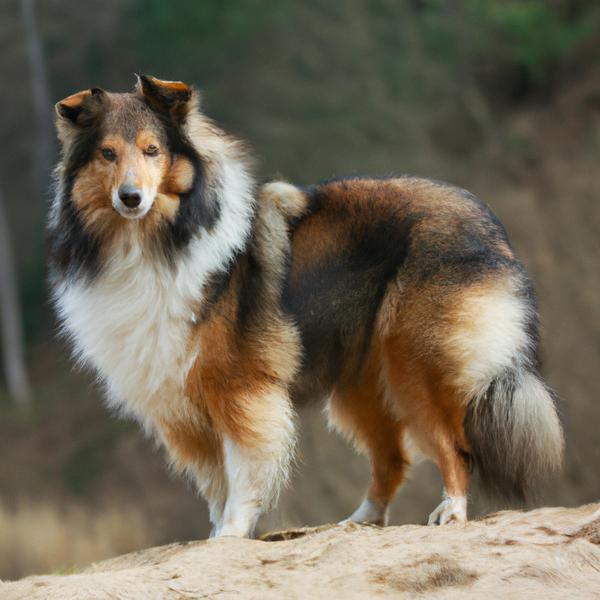
Sheltie Shepherd
Saint Bernese vs Sheltie Shepherd
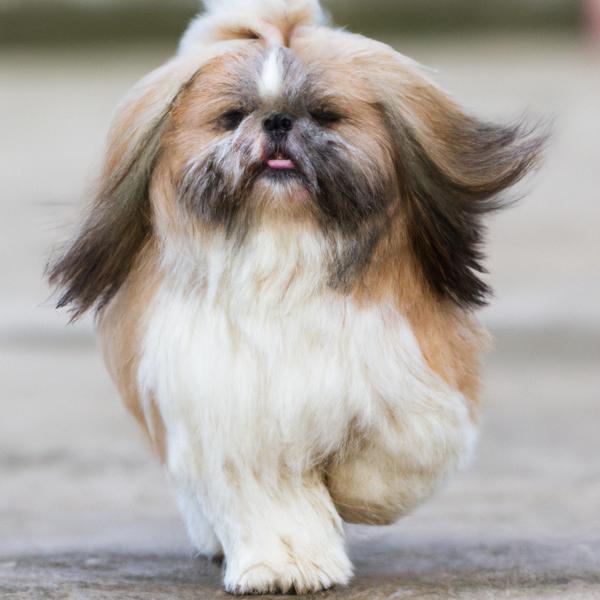
Lhasalier
Saint Bernese vs Lhasalier
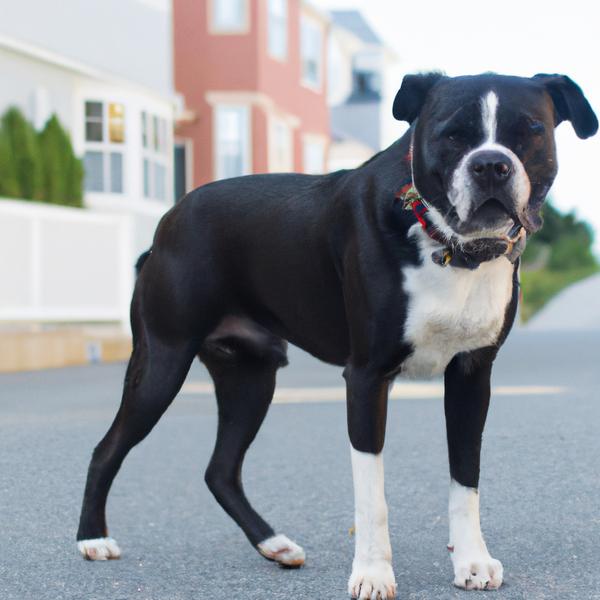
Boston Lab
Saint Bernese vs Boston Lab
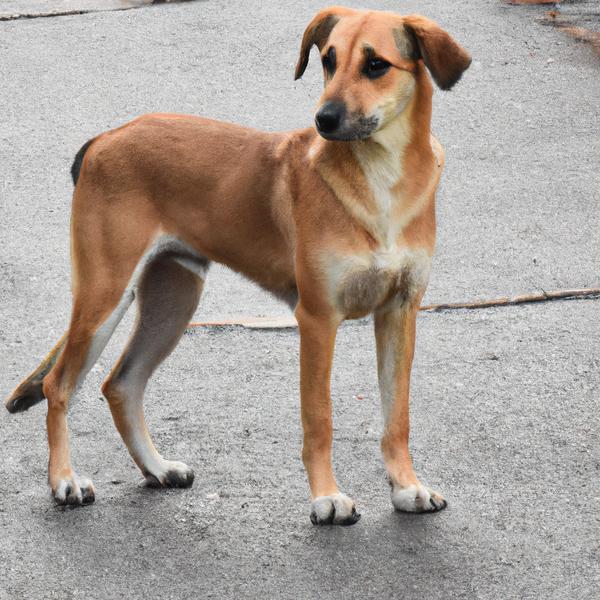
Jatese
Saint Bernese vs Jatese
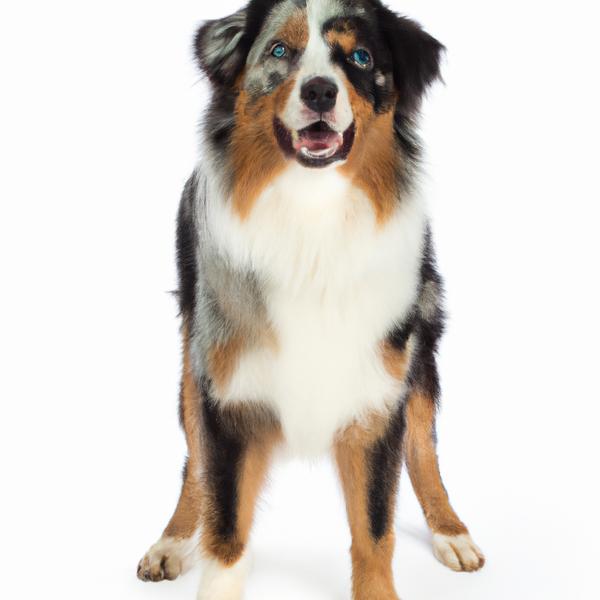
Aussietare
Saint Bernese vs Aussietare
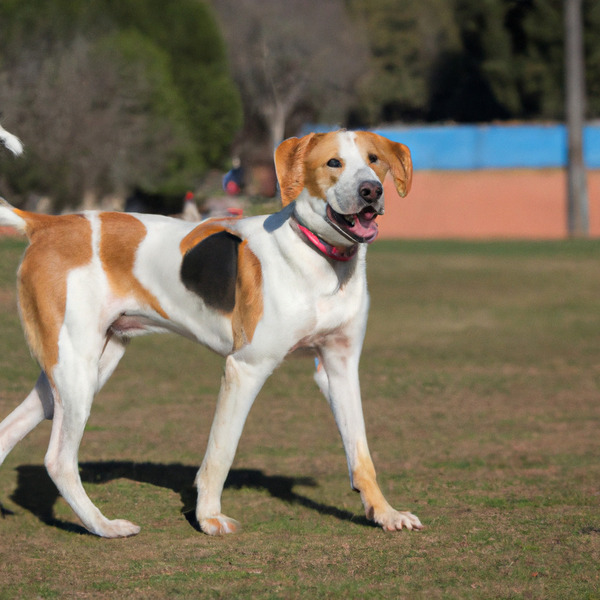
Hellenic Hound
Saint Bernese vs Hellenic Hound
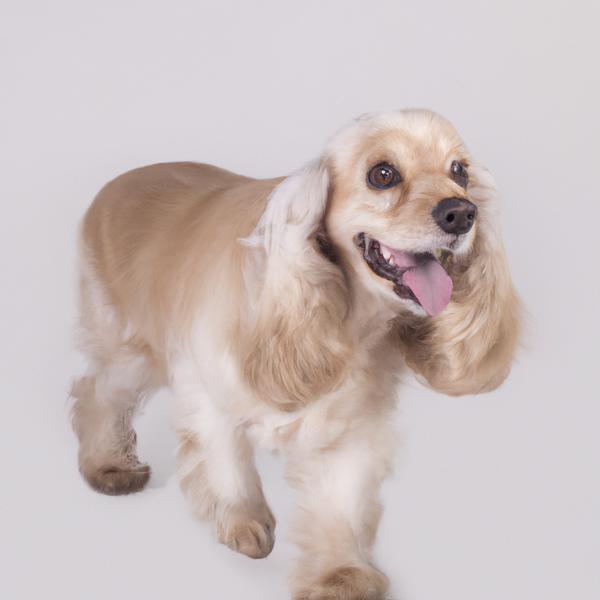
Lha-Cocker
Saint Bernese vs Lha-Cocker
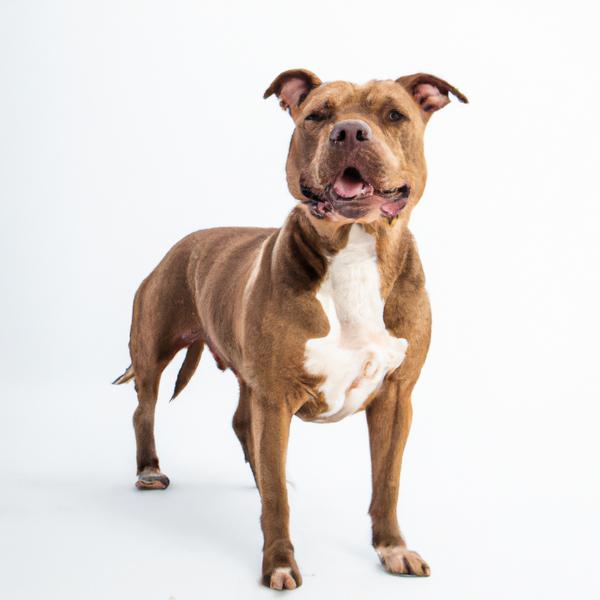
Pit Pei
Saint Bernese vs Pit Pei
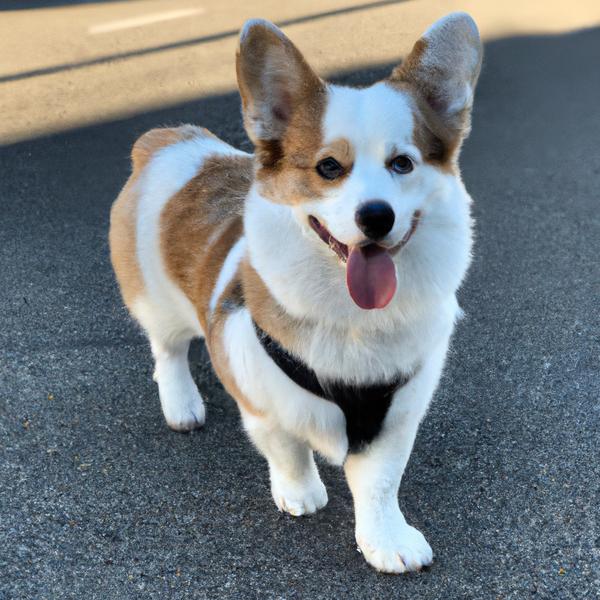
Corgi Bichon
Saint Bernese vs Corgi Bichon
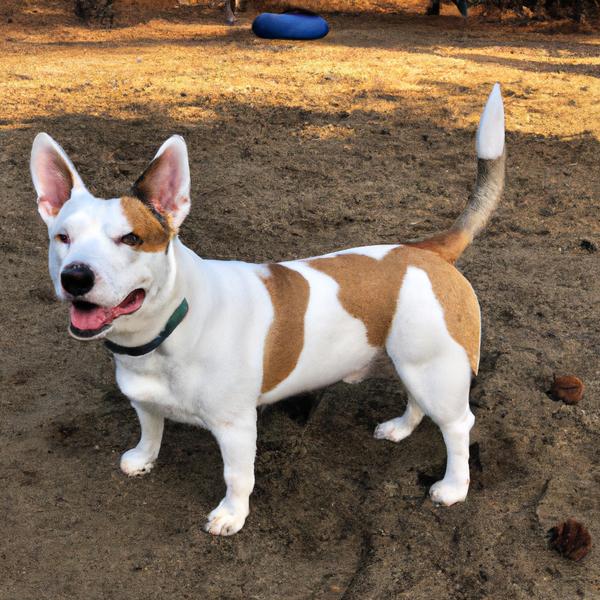
Corgi Pit
Saint Bernese vs Corgi Pit
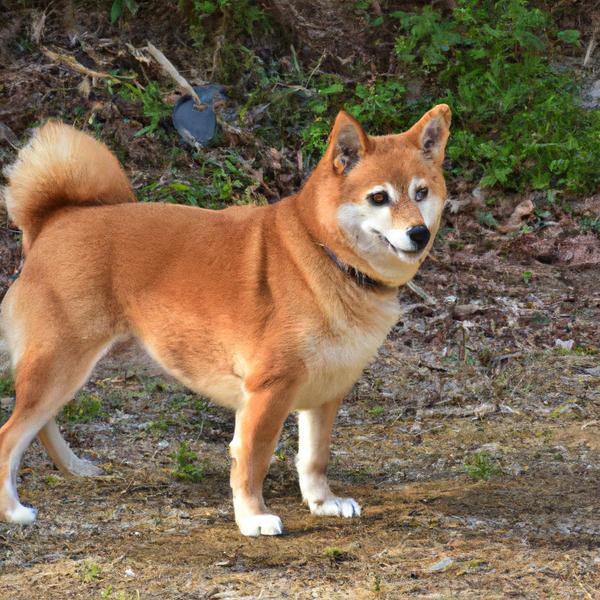
Imo-Inu
Saint Bernese vs Imo-Inu
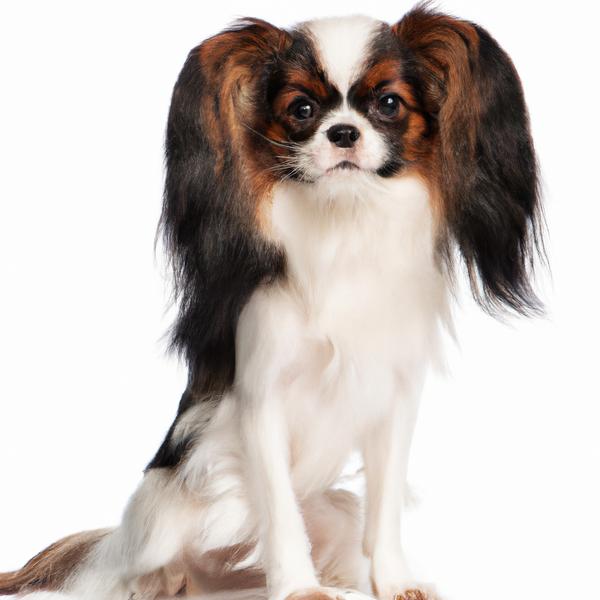
English Toy Chin Spaniel
Saint Bernese vs English Toy Chin Spaniel
